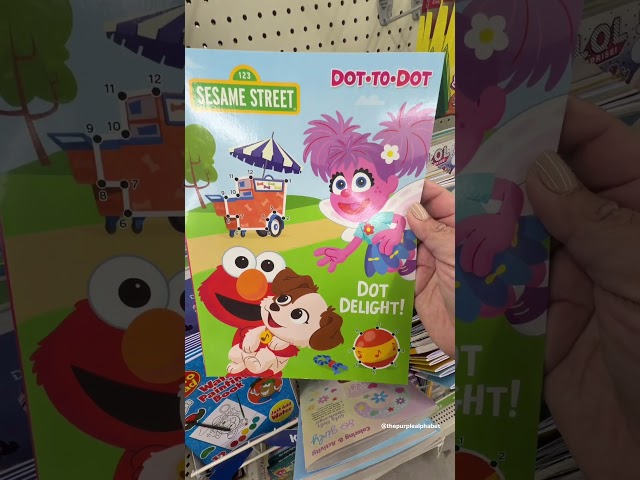As parents and educators seek innovative ways to bolster children’s learning and development, memory games have emerged as an engaging tool with significant cognitive benefits. These games, which challenge players to remember sequences, match cards, or recall images, do more than just entertain. They offer a proven method for enhancing mental agility, concentration, and information retention in children.
Enhancing Concentration and Focus
Memory games are powerful tools for honing a child’s concentration. Each game session requires players to focus intently on the task at hand, whether it’s remembering the location of a card or the order of a sequence. This intense focus can transfer to other areas of learning, helping children concentrate better in school and other mentally demanding situations.
Regular engagement with memory games encourages children to develop the ability to filter out distractions and focus on specific tasks. This skill becomes increasingly crucial in today’s world, where digital distractions are rampant. By improving concentration, memory games lay a foundation for better academic performance and productivity in children’s everyday activities.
Boosting Working Memory
One of the standout cognitive benefits of memory games is their ability to enhance working memory. Working memory is the brain’s ability to hold and process information in the short term. This cognitive skill is essential for tasks such as solving math problems, following multi-step instructions, and reading comprehension.
Through repetitive play, memory games train the brain to store and retrieve information more efficiently. For instance, games that require matching pairs or recollecting hidden items directly simulate the mental processes of recalling previously learned material, thus strengthening working memory.
Encouraging Critical Thinking and Problem-Solving
Memory games also foster critical thinking and problem-solving skills. As children engage with these games, they learn to recognize patterns, develop strategies, and anticipate outcomes. For example, in a game where players need to remember the sequence of cards, children must think ahead and plan their moves strategically. These mental exercises simulate real-world scenarios where decision-making and logical reasoning are necessary.
The strategic element involved in memory games not only improves cognitive processing but also encourages children to think outside the box, adapt to new challenges, and formulate multi-step plans to achieve success. These skills are invaluable in academic settings and everyday problem-solving situations.
Fostering Social and Emotional Development
Apart from cognitive gains, memory games can support children’s social and emotional development. Many memory games are designed for multiplayer interaction, encouraging children to engage socially, share, and take turns. These interactions promote the development of communication skills, patience, and teamwork.
Moreover, as children face challenges within the games, they experience a range of emotions from frustration to joy. Learning to manage these emotions in a structured environment provides children with the tools to handle real-life social situations more effectively. Building a child’s socio-emotional intelligence can be just as crucial as developing their cognitive abilities.
Integrating Memory Games into Daily Life
Integrating memory games into a child’s daily routine can be seamless and enjoyable. Parents and caregivers can incorporate short game sessions during downtime or use digital platforms offering a variety of memory-based challenges. Importantly, the key is consistency rather than duration. Regular, short sessions can result in significant cognitive gains over time.
Additionally, memory games come in numerous formats, from classic card games to high-tech apps. This variety ensures there is something for every child, regardless of age or interest. As children thrive on routine and positive reinforcement, establishing a regular game schedule can make learning a fun and anticipated part of their day.
In conclusion, memory games provide a wealth of cognitive, social, and emotional benefits for children. Their ability to improve focus, enhance working memory, and foster critical thinking makes them a valuable tool in a child’s developmental toolkit. By seamlessly integrating these games into daily activities, parents and caregivers can support well-rounded development, setting the foundation for lifelong learning and success.






